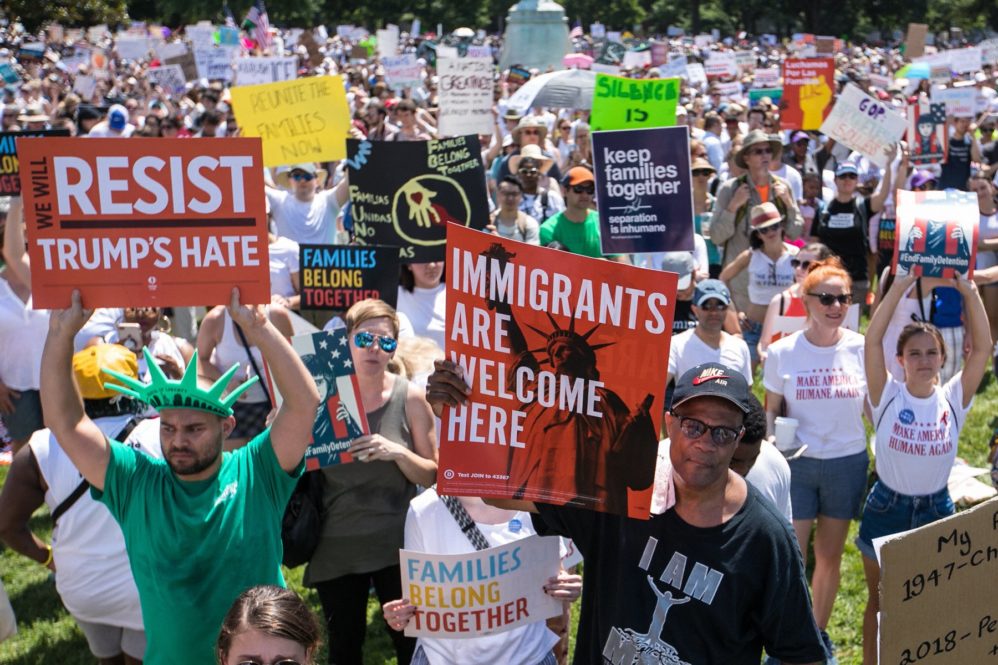The unfortunate answer is that originalist interpretations don't give us a complete roadmap, and smart people vociferously disagree on how to move forward.
Originalism is the theory of legal interpretation holding that the meaning of a law is the original public understanding of the actual text. That is to say, we are bound to interpret a statute or constitutional provision to mean whatever the people at the time it was passed commonly understood its actual words to mean. It’s a pretty straightforward idea and comports with how most people read things in their everyday lives. Words mean what they mean, not what we wish them to mean.
But what happens when, after a thorough, originalist look into the meaning of a constitutional provision, the best answer scholars can come up with is that we don’t really know? That is, in essence, the question debated in at a meeting of the Federalist Society in Philadelphia earlier this week when law professors John Eastman and John Yoo took the stage to discuss the meaning of the Citizenship Clause of the Constitution’s Fourteenth Amendment, and specifically how it applies to the children of illegal immigrants and birth tourists.
How Should We Interpret Citizenship?
It was a lively and thoughtful debate between two conservative law professors who clearly respected one another. Projected on the screen behind them were the words of the Citizenship Clause, with the relevant section in italics for emphasis:
All persons born or naturalized in the United States, and subject to the jurisdiction thereof, are citizens of the United States and of the State wherein they reside. No State shall make or enforce any law which shall abridge the privileges or immunities of citizens of the United States; nor shall any State deprive any person of life, liberty, or property, without due process of law; nor deny to any person within its jurisdiction the equal protection of the laws.
Eastman began the event by explaining his understanding of that portion of the sentence. Modern readers think of “subject to the jurisdiction” as being the same as “subject to the laws,” but Eastman explained that there is more to it than that. Several groups of people, both in 1868 (when the amendment was adopted) and now could be considered to be in the United States but not completely subject to our jurisdiction. The three exceptions noted at the time were: American Indians living on reservations, foreign diplomats and their families, and people in American territory that was occupied by a foreign army.Read the rest from Kyle Sammin HERE at The Federalist.
If you like what you see, please "Like" us on Facebook either here or here. Please follow us on Twitter here.


No comments:
Post a Comment